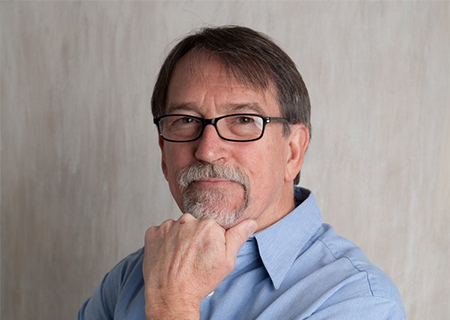Are you an optimist or a pessimist? Perhaps you’re a switch-hitter, able to move from one perspective to the other with ease. What difference does it make anyway? Surely there are no implications for health in either camp.
First let us look at our friend Webster’s New Collegiate Dictionary. It is defined as “an inclination to emphasize adverse aspects, conditions and possibilities or to expect the worst possible outcome.”
Optimism, on the other hand, “an inclination to put the most favorable construction upon actions and events or to anticipate the best possible outcome.”
That seems straightforward enough. The old expression about the cup being half-empty or half-full illustrates the difference between the two. The optimist obviously would consider that some liquid is better than none. The pessimist would believe, however, that whatever liquid is present is not enough, for the container could hold twice s much. The optimist would focus on what is present, the pessimist on what is lacking .
The point is this: This is just the opposite position that I would like to develop. I would posit that the optimist focuses on the abstract or the not-yet-created and the pessimist on the concrete – the material components of reality as is.
My bias is that most of the great thinkers of our planet were/are optimists. They build upon what is, to create what isn’t yet. They use attention and energy to push forward past the known situation in to the unknown. In this way they are creative, inventive pathfinders who chart new ground for the rest of us. They make discoveries in their chosen fields, and even the pessimists benefit.
To bring this closer to home, check out your own periods of greatest satisfaction in your life. Perhaps you had some goal that you set your sights on. You held the vision of yourself achieving the not-yet-accomplished task and step by step or step by quantum leap it emerged. You birthed something in your life that once was only an abstraction. A thought seeded in the mind and heart of an optimist that is fertilized by creative energy, cultivated by sweat, is harvested with satisfaction because the creative impulse has been satiated.
Think about entrepreneurs for a moment. Their task often is to generate concrete results beginning with an abstraction – a business plan. Surely they must be optimistic about their enterprise at the outset. Over time, they may see that their venture won’t yield any harvest. However, they still may hold out for the optimistic view. “I learned a lot this time. On my next venture I’ll be the wiser for this experience.”
How about children? If we weren’t all born optimists would we have ever learned to walk or keep our peas on our fork or ride a bicycle? Another question springs forth. What seeded our psyches at birth that caused us to be so optimistic? And what experiences in our lives drain away that optimism, allowing pessimism to enter our depths? The answer to the former question must be the same for all of us. The answer to the latter would be unique for each of us.
Perhaps the issue becomes for each of us to enter into our own second childhood. This emergence is not to be seen in the pessimistic sense as a form of senility. Rather it is akin to, “lest ye become as a child…” The outcome presented there is an abstraction and certainly optimistic.
Perhaps, as Jean Houston points out in her book “Life-Force,” when our elder folks begin their neurological rising into second childhood we should not try to medicate it away. Perhaps we should encourage them the way we encourage kids to explore their environment in multi-modal ways.
She actually taught gerontologists how to get their patients to dance and move to enhance coordination along with artistic and intellectual challenges to engage the inner rising child. Their feedback to her is that many of their patients participating in these activities show a diminution of the symptoms of senility with demonstrated growth in cognitive and emotional areas. She states that it’s “kind of a childhood revisited, but on a higher and deeper level.”
Old men ought to be explorers
Here and there does not matter
We must be still and still moving
Into another intensity
For a further union, a deeper communion…
T. S. Eliot
Well, folks, what will it be? We each get to choose how we focus our energy and attention. The next time you don’t like the way you’re feeling, check out your vantage point. Are you involved with the great thinkers of history thinking the thoughts that will generate the best possible outcome? Or are you stuck in the muck with thoughts that focus on and magnify the obvious to the exclusion of the possible?
from Patient Potential, Kansas City Business Journal Magazine

Bowen F. White, M.D., combines the talents and expertise of a physician, speaker, consultant, and author. He travels the world conducting seminars, consulting and speaking to public and private organizations.
IPMA is thrilled to have Dr. White as one of our 2019 Conference Keynote Speakers. Read more about him in our Press Release and on his website.
